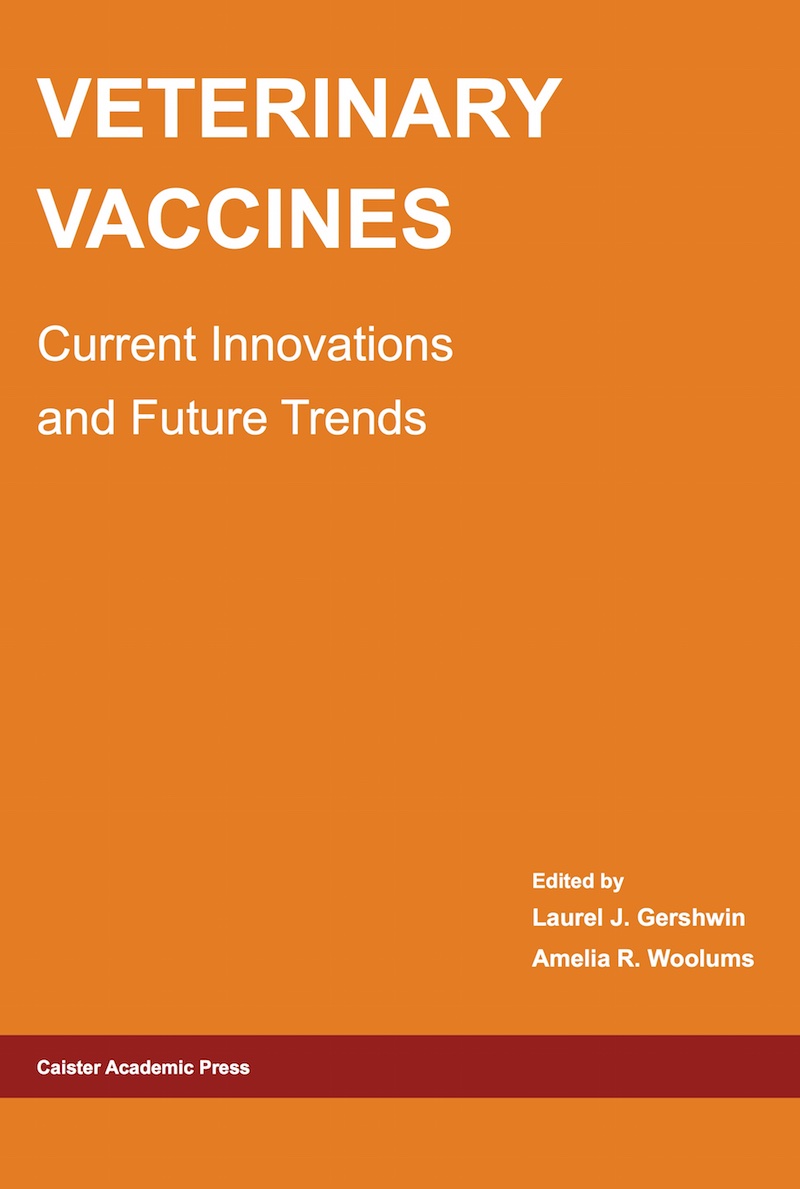Molecular Ecology of Vibrio cholerae
Shah M. Faruque and John J. Mekalanos
from: Vibrio cholerae: Genomics and Molecular Biology (Edited by: Shah M. Faruque and G. Balakrish Nair). Caister Academic Press, U.K. (2008)
Abstract
Although Vibrio cholerae cause human disease, aquatic ecosystems are major habitats of V. cholerae, and all V. cholerae are not pathogenic for humans. V. cholerae represents a paradigm for origination of pathogenic bacteria from environmental nonpathogenic progenitor strains by horizontal transfer of genes. Besides environmental factors which are not precisely defined, bacteriophages, and horizontally transmissible genetic elements have a significant role in the epidemiology and evolution of the pathogen. Recent studies are beginning to reveal the mechanisms associated with the occurrence of seasonal epidemics in endemic areas, water bourn spread of cholera, and the factors that enable the organisms to survive unfavorable conditions in the aquatic environment. The emergence of new epidemic strains, and their enrichment during epidemics of cholera appear to constitute a natural system for the evolution of V. cholerae and genetic elements that mediate horizontal transfer of genes among bacterial strains read more ...



